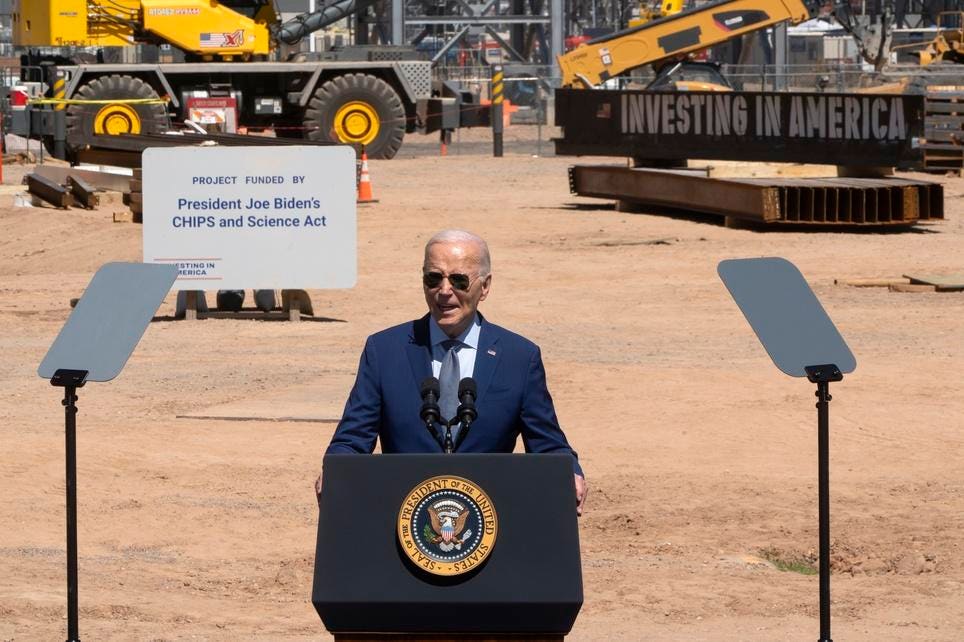The implementation of the Biden administration’s CHIPS Program has seen significant progress in recent weeks. There have been preliminary agreements with major semiconductor manufacturers such as Intel, TSMC, Samsung, and Micron, with a total of $21.5 billion in grants already awarded. However, there is fierce competition for the remaining funds, as the Commerce Department aims to distribute 75% of the $39 billion available to leading-edge manufacturers.
The recent earmark in the FY24 appropriations legislation, requiring the CHIPS Program to fully sponsor Intel’s creation of a Secure Enclave, has added to the competition for funds. Originally, the Pentagon was supposed to provide $2.5 billion, but Congress directed the entire amount to come from the CHIPS Program. While this change initially raised concerns of delays or reduced awards, there have been minimal consequences so far.
The CHIPS Program has decided not to pursue a notice of funding opportunity for dedicated research and development facilities, citing overwhelming demand for funding and the need to support Intel’s Secure Enclave. The future impacts of this decision remain uncertain, with smaller semiconductor manufacturers possibly facing challenges in securing support or receiving grants, potentially receiving loans instead.
The Investment Tax Credit, which could be worth 25% of a qualified investment, has also been a topic of discussion. Semiconductor suppliers have been lobbying for changes to qualify for the credit and are eagerly awaiting final guidance from the Treasury Department. The timeline for issuing this guidance has been uncertain, potentially affecting the benefits these businesses may receive from the CHIPS Program.
The increased competition for funding and discussions around CHIPS 2.0 have highlighted the importance of the semiconductor industry and its powerful allies in Congress. While the prospect of a second round of funding looks promising, it is unlikely to happen before 2026 when the current CHIPS and Science Act funding expires. Lawmakers are cautious about rushing into additional aid without evaluating the results of the initial support, emphasizing the need to monitor industry lobbying efforts and congressional alliances in the meantime.


